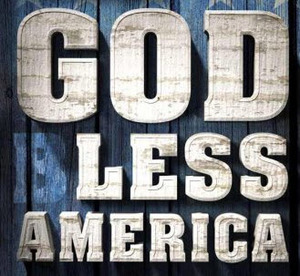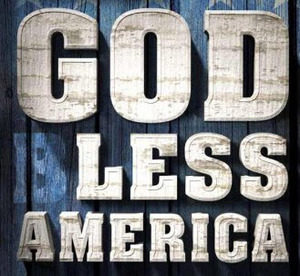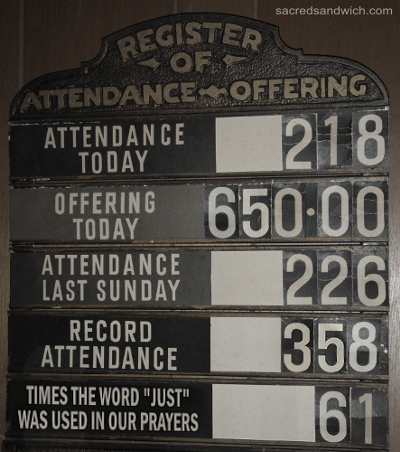Wanna Help Support the Sanchez Family in Texas?
I’m only posting this because some people have asked how they might help out…. The gracious and generous people of Community Church of the Hills supports 2/3 of my salary. The other third comes out of a “Designated Fund” at Hope Chapel Hermosa Beach which ends in July of 2018. My wife works as a








Can an LGBTQ Person Be a Christian?
On July 6, 2016, my wife and I celebrated our 20th anniversary at the Cheesecake Factory in Austin and was waited on by a very gracious and professional server named Trey, who told me that he had good news: that he was getting married soon to his boyfriend. My wife and I said, “Congratulations.”
I wrote a post about the incident and it blew up! (Read it here.) Though the vast majority of my Christian friends understood what my intent was, there were a few who missed the point entirely. What was my point? To be gracious to a member of the LGBTQ group. Christians for too long have made a big deal of homosexuality as if that was the only sin that mattered and believers have been an absolutely horrible witness in this post-Christian society with their judgmental attitudes, pointy fingers and furrowed brows. I understand that some may not want to say “Congratulations,” but don’t I have that right? That was the point. (By the way, if it should ever happen again, I will probably say, “I wish you well.”)
Flash forward one year. The Facebook app called “On This Day” reminded me of this post from a year ago. Of course, I posted it again. This time though, I tagged a few of my Facebook friends who are LGBTQ. Wow! Not only did I get clobbered by the judgmental Christians again, (no surprise), but also from the community I was trying to be gracious to. They also entirely missed the point, saying I was publicly shaming our server, that I was judgmental, and a few even used some family-unfriendly words and blasphemous memes to make their point.
So much for tolerance and inclusiveness.
I consider myself to be a friend to all. I want Jesus to be reflected in everything I do. Still, I fall short as everyone does, but my over-arching purpose for writing that post and re-posting it, was to demonstrate what I consider a better way to reach those who disagree with what I believe. I also try to do this with a good dose of humor. I’m not mad at anybody. I hate no one.
The big question, I suppose, is this: Can a person be LGBTQ and a Christian?
Read More